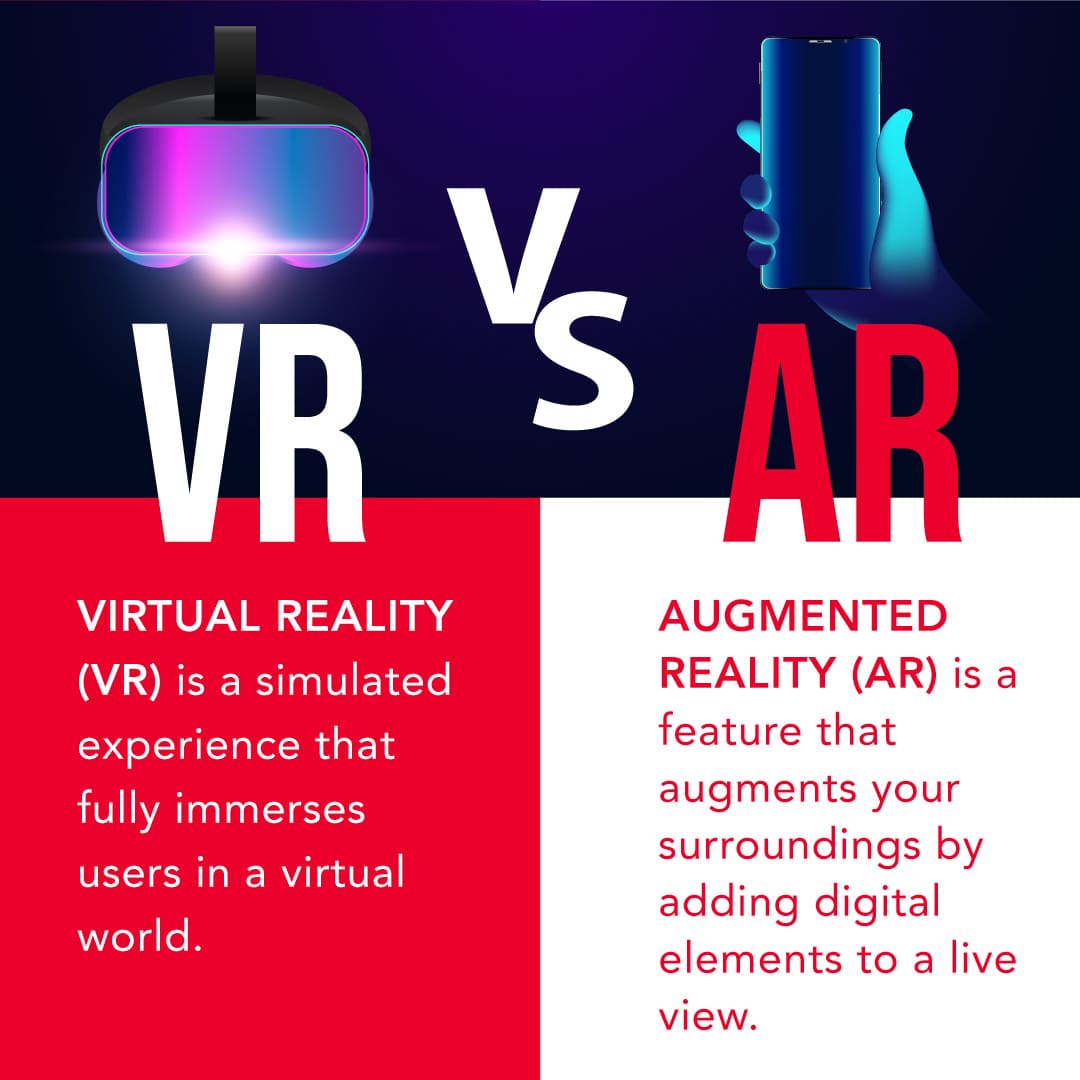Dive into the future of marketing as we delve into six trends that are anticipated to shape how businesses can best connect with audiences in the new year.
Marketing in 2026 won’t be about chasing trends, but about mastering transformation. As technology, consumer behavior, and creative expectations evolve, marketers are being asked to do more than adapt. They’re being asked to lead.
From AI-powered strategy to immersive brand experiences, the next wave of marketing is already taking shape. The six trends below signal where the industry is headed and how forward-thinking teams can stay ahead of the curve.
What’s driving this shift isn’t just innovation—it’s urgency. Audiences are more discerning, platforms are more fragmented, and the pace of change is accelerating. To stay relevant, marketers will need to rethink how they connect, create, and convert.
The future belongs to those who can blend data with intuition, automation with authenticity, and scale with passion.
The future marketing trends predicted to define 2026 include:
- AI-Driven Interactions and Conversational Marketing
- The Integration of Virtual and Augmented Reality
- Sustainability and Ethical Marketing
- Short-Form Video Content
- Personalization Through Data and Analytics
- Rise in Social Shopping
Learn how to tame the chaos of marketing in Impact’s webinar, Scientific Marketing: Transforming Bold Ideas Into Bottom-Line Results.
1. AI-Driven Marketing
Artificial intelligence is a foundational tool reshaping how marketers approach strategy, creativity, and customer engagement. In 2026, AI’s role in marketing will continue to evolve, offering powerful capabilities while raising important questions about its boundaries.
On the strategic side, AI excels at turning data into actionable insights. It can analyze vast datasets in real time, helping marketers identify trends, optimize campaigns, and make smarter decisions. AI-driven segmentation allows brands to target audiences with precision, while personalization engines tailor content and experiences to individual preferences at scale.
But AI isn’t just about numbers. It’s also making waves in the creative process. Tools powered by machine learning can assist with:
- Design: Generating layout options, color palettes, and even branding elements based on audience preferences.
- Content Creation: Producing first drafts of emails, blog posts, social media captions, and product descriptions with speed and consistency.
- Creative Ideation: Offering inspiration and variations that help human teams brainstorm more effectively.
What’s becoming clear is that AI works best not as a replacement, but as a thought-partner. It can surface ideas, suggest directions, and automate the repetitive parts of the creative process—freeing up marketers to focus on strategy, storytelling, and emotional resonance. The most successful teams are those that treat AI as a collaborator, using its strengths to enhance human ingenuity rather than sideline it.
As we move into 2026, marketers will be defining the balance: using AI to amplify their work, not automate their voice.
2. The Integration of Virtual and Augmented Reality
Businesses are beginning to incorporate virtual and augmented reality into their marketing campaigns, as they realize how these technologies can make their marketing more engaging, fun, and memorable.
Both are tools that allow brands to create exciting and interactive experiences for their audiences. This shift marks a move away from traditional marketing, with companies strategically adopting VR and AR to grab attention, build brand loyalty, and stand out in a tech-driven world.
Brands can also explore the implementation of virtual production—an entertainment technology that uses LED panels as a backdrop for sets to display video or computer-generated imagery—to create content. Virtual production combines physical and virtual filmmaking techniques.
3. Sustainability and Ethical Marketing
Today's consumers go beyond buying products or services; they want to know about a brand's values, particularly in terms of environmental and social responsibility. Fueled by global issues like climate change and social injustices, this shift has prompted brands to highlight their sustainability efforts and ethical conduct.
In a 2024 PwC survey, consumers are willing to spend up to 9.7% more on products produced with sustainability in mind.
So, what are sustainable marketing strategies brands can adhere to?
- Having a Bigger Purpose: Advocating for a cause beyond your company’s products enables your brand to measure success against more than just financial gain. Consider what your social mission is and how your brand plays a role in advancing that mission. For example, Patagonia advocates for the environment by tirelessly working to reduce its carbon footprint.
- Showing Sustainability in All Aspects of Your Brand: Authenticity is crucial in sustainable marketing. Identify areas where your brand can improve in order to develop strategies that align with your mission.
Whether it's using eco-friendly packaging or practicing fair trade sourcing, marketing in 2026 is not just about product value but also aligning with the values of consumers.
4. Short-Form Video Content
Video marketing is booming, thanks to platforms like TikTok, YouTube Shorts, and Instagram Reels. After seeing success from the invention of TikTok, other brands noticed the popularity of short-form video content and began to incorporate this kind of video marketing into their platforms.
In 2026, we expect to witness the continued growth of this type of marketing content, and marketing professionals agree, as 73% of marketers report video marketing as effective and important for reaching business goals, and 90% of consumers report watching short-form videos on a daily basis.
Social platforms that feature short video advertisements are a perfect match for the shorter attention spans of today's audiences. Brands can use brief videos not just for ads but also for telling stories, launching products, and sharing customer testimonials.
Video marketing and short-form content are dynamic ways to connect with viewers, offering a versatile and engaging way for brands to communicate with their audience.
5. Personalization Through Data and Analytics
Customers prefer personalized experiences. Offering personalization is now a standard for excellent customer service. Providing a positive brand experience goes beyond knowing your customers' favorite channels and platforms; it involves understanding their needs in order to offer content that is relevant to them.
With the wealth of data collected from various sources like social media, websites, and physical stores, brands can use advanced analytics to tailor advertisements for each consumer. This results in highly personalized marketing where content, product suggestions, and ads are customized.
The ongoing trend of personalized marketing is explored in the video below.
As technology, like big data and machine learning, gets better, it is believed that this trend will continue to be popular among consumers.
6. Rise in Social Shopping
Social shopping—the integration of e-commerce and social media—and its significance have only grown over the years as retailers leverage the expansive reach of social networks for communication and promotion.
As per Statista, social shopping sales will become more popular in the future, with the value of sales from this channel expected to reach around 8.5 trillion dollars by 2030. One app, TikTok, launched its in-app shopping feature in September, selling around seven million dollars worth of products each day.
With the increasing demand for seamless online shopping experiences, businesses are now tapping into the e-commerce potential of these platforms. Social media allows consumers to make purchases without leaving the platform, streamlining the customer journey for quick and direct transactions.
The evolution of social shopping is marked by enhanced features like in-app purchases and shoppable posts, offering consumers the convenience of buying products directly from their social media feeds.
Brands need to focus on creating an easy-to-use social shopping experience, including optimizing social media profiles for sales, creating appealing content to encourage purchases, and using the latest social shopping features to make buying as easy as possible for customers.
Going Beyond Future Marketing Trends
Some marketing trends will come and go, some will forever change the industry, and while it’s important to build room into your marketing plans for the occasional trend, this is far from a comprehensive strategy. Taking into account how the trends of today will affect the marketing of tomorrow helps you build a more holistic marketing strategy that fuels your business.
From new technology like AI to existing trends like video content, organizations looking to remain competitive for generations to come need to embrace the most impactful marketing tactics and trends that resonate most deeply with consumers.
For more information on navigating the modern world of marketing, watch Impact’s webinar, Scientific Marketing: Transforming Bold Ideas Into Bottom-Line Results.
Andrew Mancini is a Content Writer for Impact and DOT Security’s in-house marketing team, where he plans content for both the Impact and DOT Security insights hubs, manages the publication schedule, drafts articles, Q&As, interview narratives, case studies, video scripts, and other content with SEO best practices. He is also the main contributor on a monthly cybersecurity news series, The DOT Report, researching stories, writing the script, and delivering the report on camera.



